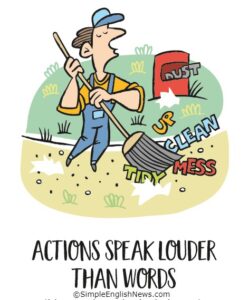
Would
The present conditional is created by would + verbs in every person (in the first singular and plural person should can replace would but this become rare in English today).
Positive sentence:
We would bring it. (We can probably bring it.)
They would be there.
Negative sentence:
They would not (wouldn’t) say it. (They will probably not say it.)
She would not (wouldn’t) sing this song.
Question:
Would you pass me the salt? (Can I ask you to pass me the salt?)
Would they come?
Would like + a noun or verb:
John would like to buy a new car. (This is softer than: I want to buy a new car).
I would like some cheese.
We would like to spend our vacation in Poland.
Past conditional: would + have + past participle (the third form of a verb)
They would have done it.
She would not (wouldn’t) have written it.
Should
Should + verb (in every person): one is advised to do something or act somehow, etc.
Positive sentence:
He should see a doctor.
We should study English more.
Negative sentence:
They should not (shouldn’t) be so cheeky.
You should not (shouldn’t) play computer games so much.
Question:
Should I send it today?
Should we work harder?
Should in this sense can also be expressed by: ought to + verb or be supposed to + verb:
He ought to do it now.
They ought not to go there.
He is supposed to come at 8 p.m.
© Simple English News™
